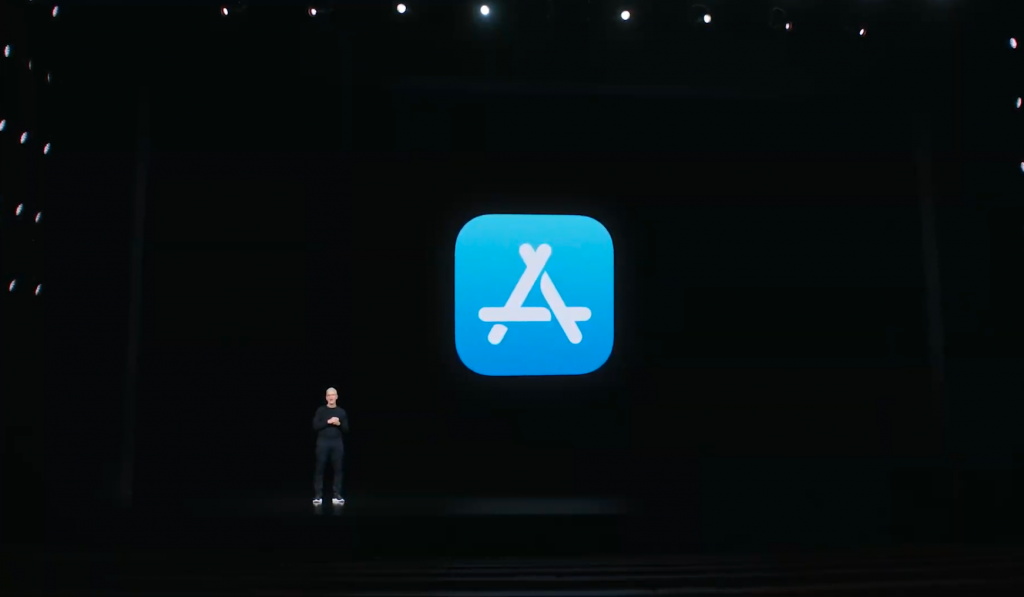Apple Inc. is reportedly considering allowing users to download and install third-party app stores and side-load apps to comply with inbound European Union regulations.
If the reports turn out to be true, this will mark the first time Apple allows its precious ecosystem to be tainted by filthy, unapproved apps.
Seeing as the reports come from Bloomberg’s Mark Gurman, someone with a seemingly transcendental connection with Apple, we’ve no reason to doubt them. That being said, nothing is confirmed until Apple announces it into being.
The awful no-good very bad DMA
The reason for the seemingly sudden about-turn from Apple is likely thanks to the EU’s new Digital Markets Act (DMA). First proposed in 2020 and agreed upon in March 2022, the act came into force on 1 November 2022 and is designed to end “unfair practices by companies that act as gatekeepers in the online platform economy.”
According to the DMA, gatekeepers are defined as companies that:
- Reach a certain annual turnover in the European Economic Area
- Provide a core platform service to at least three EU member states
- Provide a core platform service to more than 45 million monthly active users in the EU
- Has had more than 45 million monthly active users in the last three years
The new set of rules is already in force and will start to apply from 2 May 2023. In the two months following that, until 2 July 2023, companies that meet the thresholds will have to make their core platform services known to the Commission which will then decide if changes need to be made.
Does the EU hate Apple?
As Apple certainly meets most or all of the requirements, it will doubtless need to comply. This means the Cupertino-based company will have to allow the installation of third-party app stores and the installation of apps downloaded from other sources – known as ‘side-loading’.
Apple has always been an opponent of side-loading and has maintained a firm grip on its app ecosystem. This gives it complete control over the apps it allows in its App Store and by extension on its devices. Almost like some sort of gatekeeper.
Read More: Apple and the curious case of the USB-C
It’s unlikely that the company will just roll over. It is reportedly investigating the possibility of “mandating certain security requirements” as a way to govern external apps and maybe recoup some costs, reports Gurman. Apple has also remained silent on if it will allow third-party payment systems within apps on its platform. The company currently takes a 15–30% cut of revenue earned by apps in its ecosystem. Third-party payment options would effectively cut Apple off from that revenue stream.
The new EU Digital Markets Act will impact Apple. It’s the ‘how much’ that’s still unknown. Whatever Apple decides, we’ve no doubt it’s likely to hurt its bottom line.
But, as much as the company is against opening up its ecosystem, it would allow for much more innovation. The same innovation that switching to USB-C is supposed to stifle.
So maybe the company will find an innovation equilibrium. Or maybe it won’t. That’s not going to stop the world from buying iPhones, though.
Source: Bloomberg




